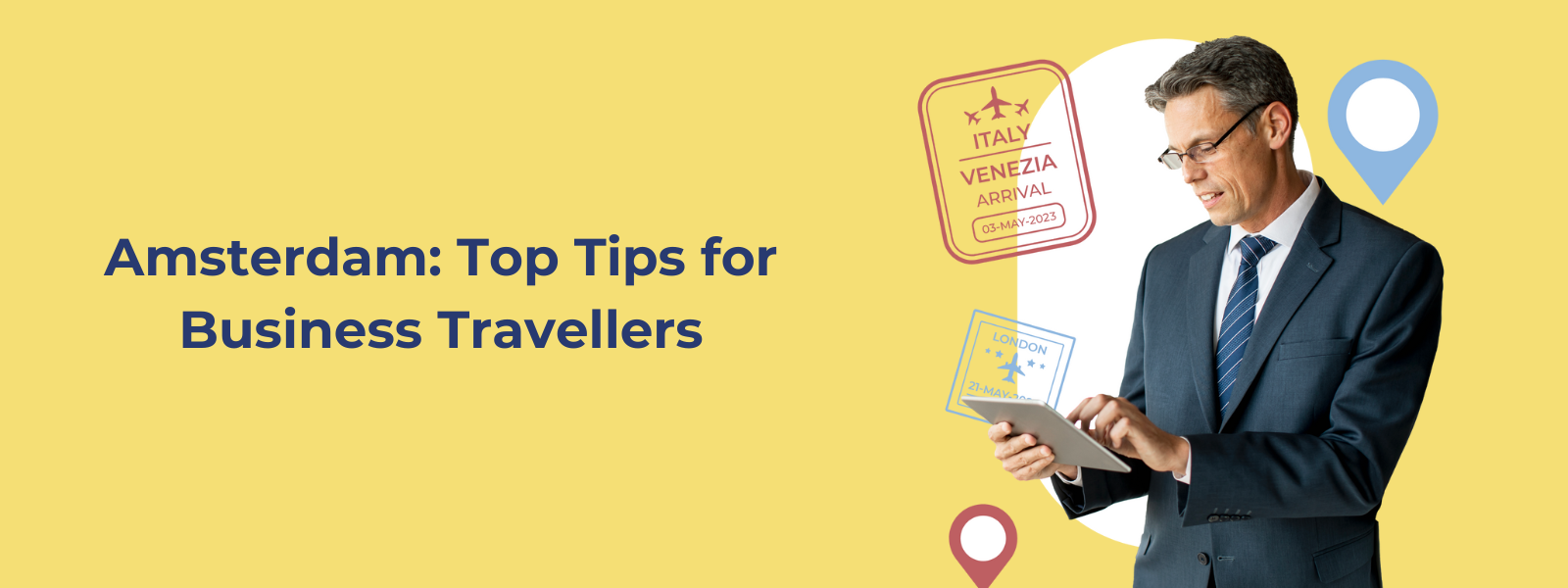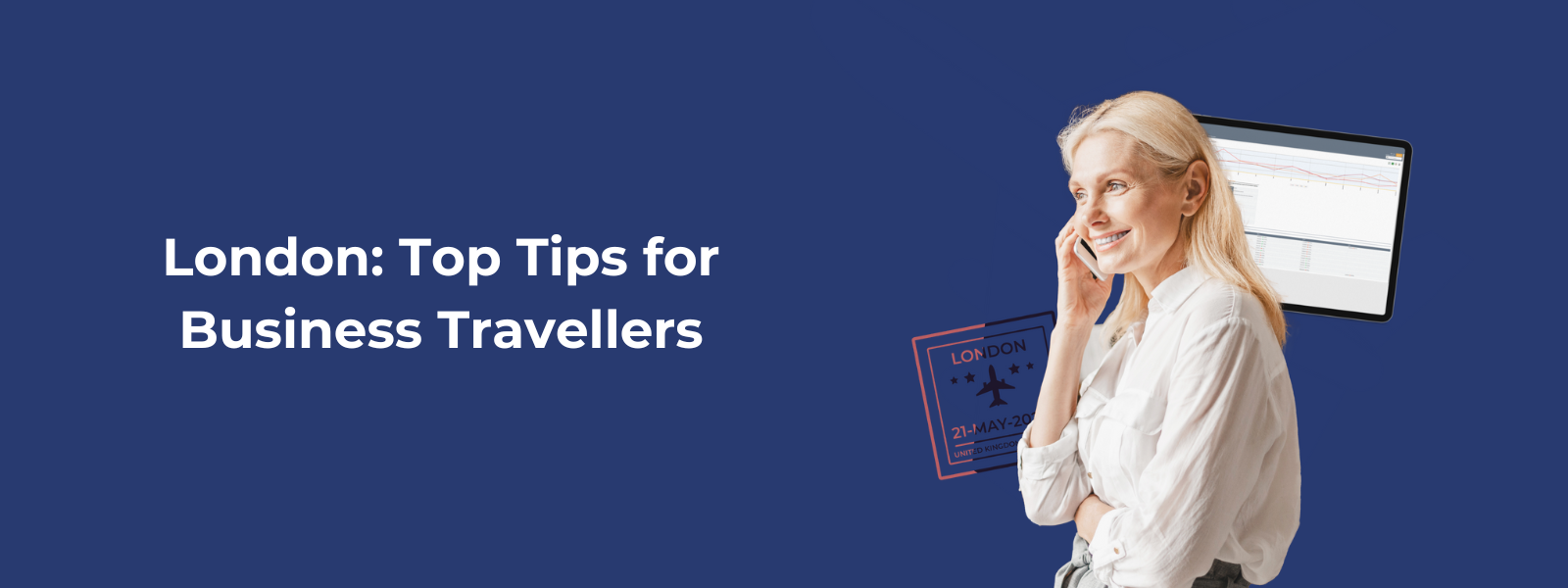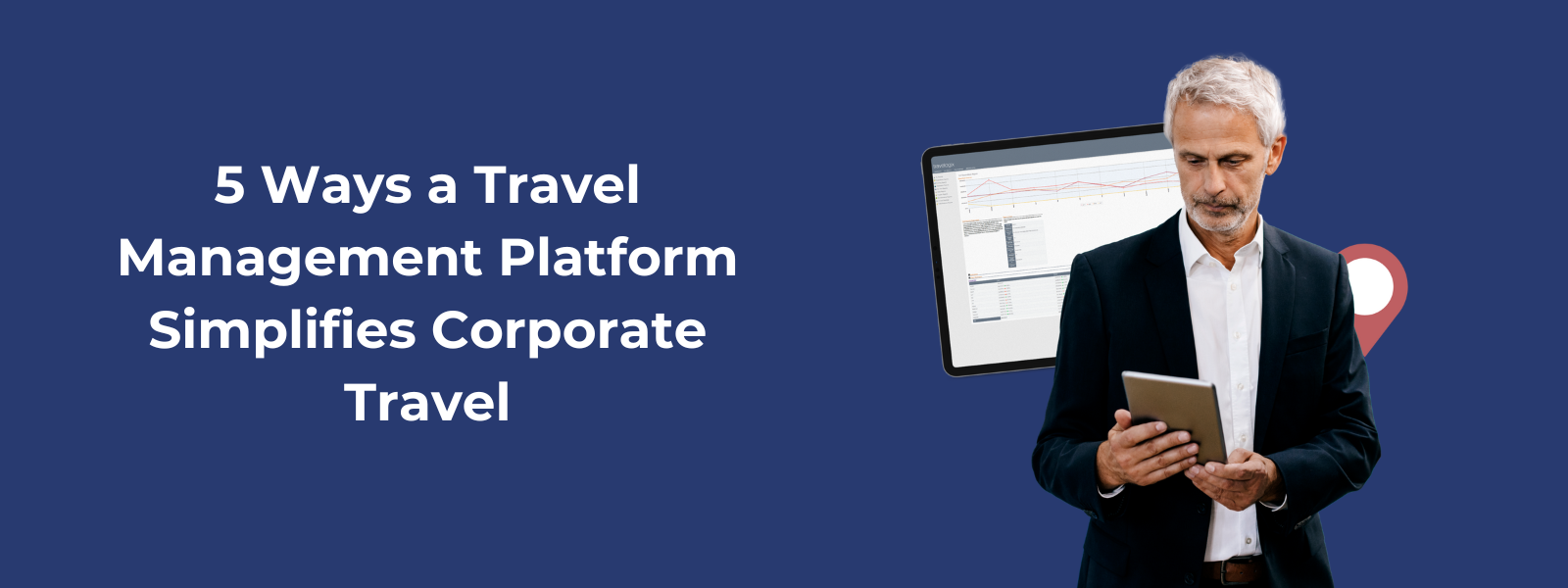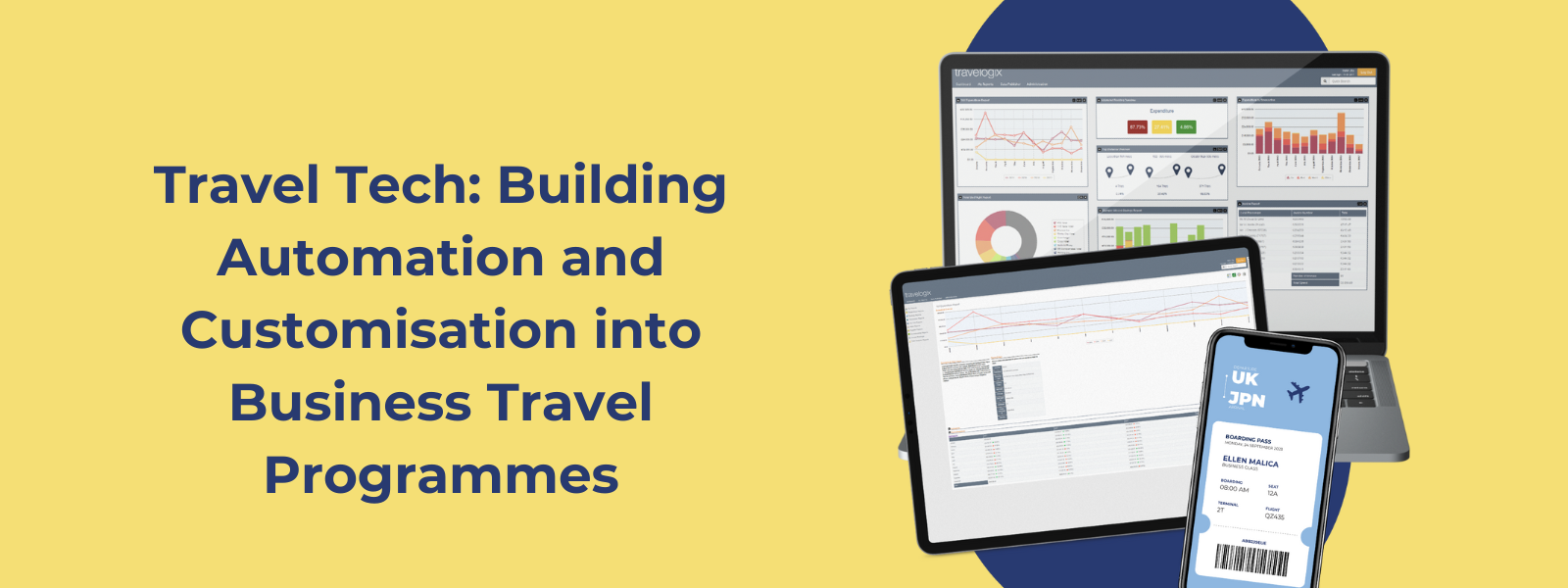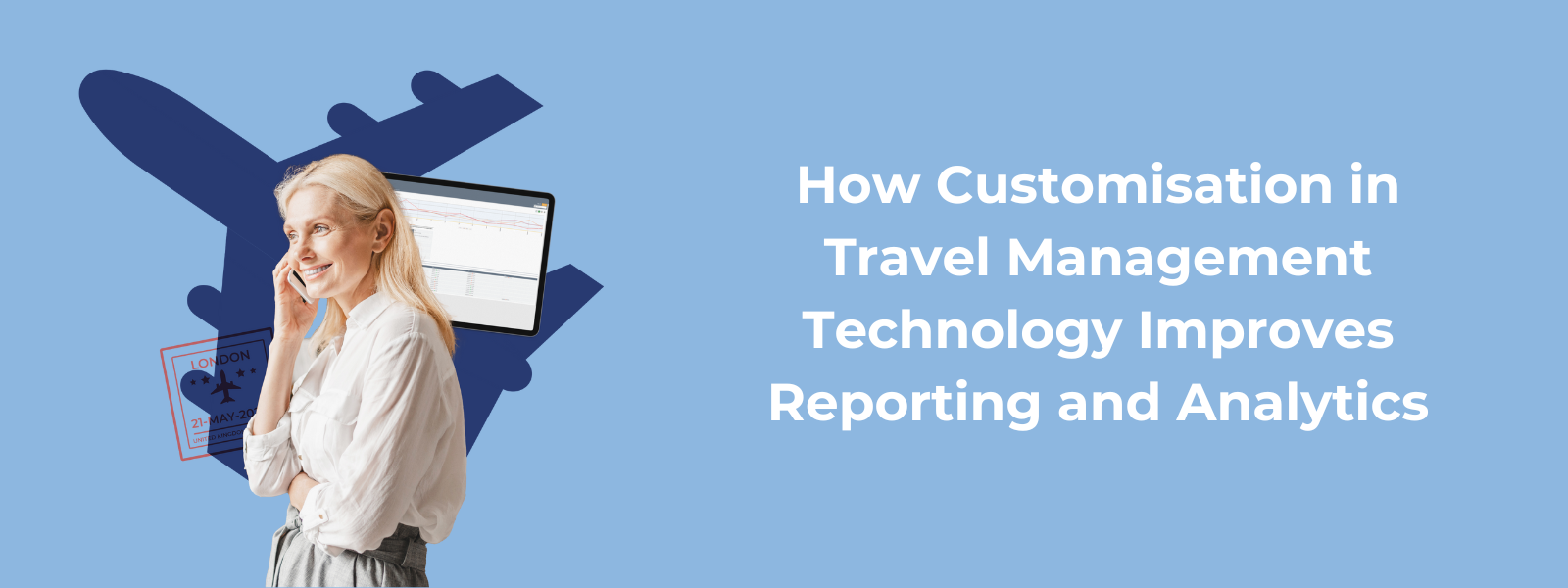Amsterdam: the city that seamlessly blends historical features with modern efficiency. It’s an ideal destination for business travellers. But that doesn’t mean that navigating a foreign city for work is easy — especially if you are trying to maximise productivity while soaking up the atmosphere.
Whether you are heading to Amsterdam for a quick conference or a week of networking, these top tips will ensure your trip is both smooth and rewarding.
Plan your transport before arrival
Amsterdam’s Schiphol Airport is one of the busiest in Europe and serves as a major international gateway. Once you land, you’ll find the city’s transport system exceptionally well-organised. Taxis are available (but can be expensive), and traffic congestion may slow you down. Instead, consider taking a train from Schiphol directly to Amsterdam Central Station — it’s fast, efficient, and far more economical.
Once in the city, you’ll notice bicycles rule the roads. However, as a business traveller, public transport might be your most reliable option. The tram and metro networks are easy to navigate, and the OV-chipkaart (a reusable public transport card) can simplify your travels. Alternatively, for short distances, walking is often the quickest way to get around in this compact city.
Choose the right accommodation
Your choice of accommodation can set the tone for your entire trip. Amsterdam offers a wide range of hotels and serviced apartments, but for business travellers, proximity to key business districts and meeting venues is crucial.
The Zuidas district, Amsterdam’s financial hub, is a prime location for professionals. It is well-connected to the airport and city centre, making it ideal for those attending conferences or client meetings. Many hotels in this area cater specifically to business travellers, offering meeting rooms, high-speed Wi-Fi, and quiet workspaces. If you prefer a more central location, consider hotels near Amsterdam Central Station for convenient access to transport links and the city’s main attractions.
Make time for networking
Amsterdam is a city that thrives on collaboration and innovation, making it a fantastic place for networking opportunities. If your schedule allows, consider attending industry events, after-work gatherings, or networking meetups. The city has a vibrant business community, and many events are held in English, which makes it easy to connect with professionals from around the world.
Coworking spaces like Spaces Zuidas or WeWork are also excellent for meeting other business professionals. These venues often host workshops and informal gatherings, which could open the door to valuable connections.
Manage your time effectively
Balancing work commitments with exploring the city can be tricky, but it is well worth planning your itinerary in advance. Many of Amsterdam’s key business districts are close to major cultural landmarks, so it’s easy to fit in a bit of sightseeing between meetings.
For instance, if you find yourself near Museumplein, you could spend a quick lunch break admiring the masterpieces at the Rijksmuseum or Van Gogh Museum. Alternatively, an evening canal cruise offers a relaxing way to wind down after a busy day while enjoying Amsterdam’s picturesque views.
Savour the local cuisine
Food is an essential part of any trip, and Amsterdam offers plenty of culinary delights for business travellers. The city boasts a mix of traditional Dutch dishes and international cuisine to suit every palate. For a quick bite, try a broodje haring (herring sandwich) or bitterballen (savoury meat-based snacks) at one of the many local cafés.
If you’re entertaining clients or colleagues, consider booking a table at one of Amsterdam’s fine dining restaurants, such as Ciel Bleu or Rijks, which offer exquisite meals paired with excellent service in a sophisticated setting.
Stay connected
As a business traveller, reliable internet access is non-negotiable. Amsterdam’s hotels, cafés, and coworking spaces typically offer excellent Wi-Fi connectivity, but it’s worth double-checking in advance. If you’ll be working remotely while travelling, consider investing in a local SIM card or portable Wi-Fi device to ensure uninterrupted access to emails, virtual meetings, and important files.
Have a great time away!
Amsterdam is a city that has mastered the art of combining work and play, offering an array of resources to help business travellers succeed. From its efficient transport system and world-class facilities to its welcoming business culture, it’s no wonder Amsterdam is a favoured destination for professionals.
By planning ahead, embracing the local culture, and carving out time to explore, you can turn your next business trip to Amsterdam into a productive and memorable experience.
If you would like any more advice about business travel in Amsterdam, get in touch with the team today and we’d be happy to help.
